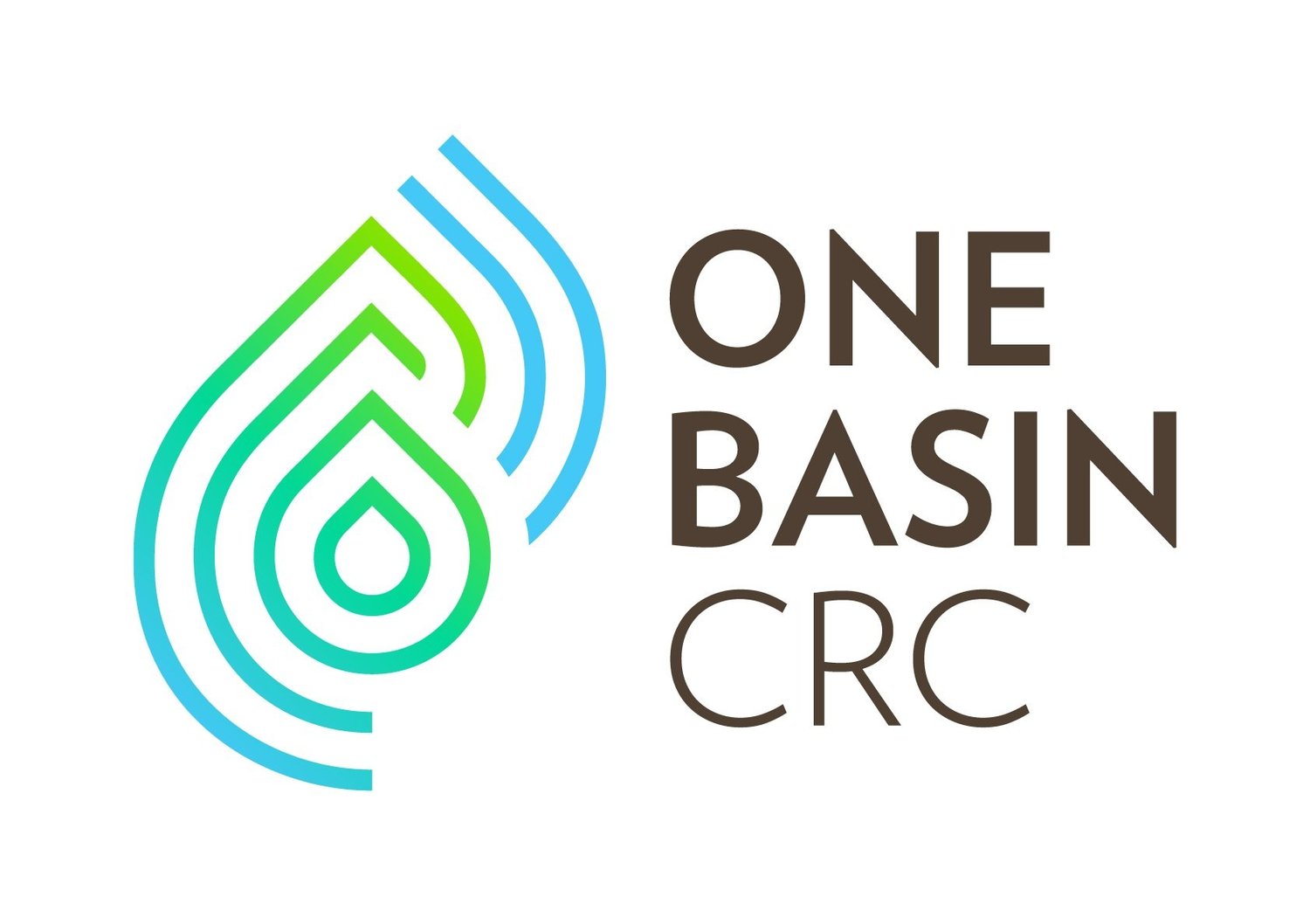How digital technologies can deliver better water outcomes for the
Murray–Darling Basin
Enhanced agricultural technologies, or ‘ag-tech’, offer prospects for innovation and enhanced water outcomes that will benefit all stakeholders in the Murray–Darling Basin if the proposed One Basin Cooperative Research Centre (CRC) is given the green light by the Federal Government.
Professor Seth Westra is Director of the University of Adelaide’s Water Research Centre and interim Lead of the Water Solutions Program that is being developed as part of the One Basin CRC bid.
He says the CRC will offer opportunities to invent new technologies and to integrate existing agricultural and water technologies, along with the data they generate, to deliver improved outcomes for the Basin.
Harnessing emerging opportunities in digital technology is one of several areas ripe for creative solutions that will help solve the confusion and tensions about what for, where, how and why water in the Basin is being used, he says.
“Digital technology transformation will be both a continual challenge and opportunity for the Basin. We all know the trajectory of better mobile and digital connectivity, cheaper sensors, and the increasing array of products available to farmers and other stakeholders to manage their water delivery and use.
“But it is the convergence and connecting of all these technologies together that will allow us to make better evidence-based decisions about how we use our finite water resources over the next decade and beyond.”
Professor Westra believes a key role the One Basin CRC can play is as a trusted, independent organisation “curating” the often-overwhelming amounts of data being collected. This information could be used to support sound, evidence-based decisions by government water managers, disconnected from the political sphere.
“I’m not saying there won’t ever again be tensions within the Basin. There will always be trade-offs between environmental and agricultural production outcomes.
“But at the very least, with the One Basin CRC and its Water Solutions Program, we will have a better information base, using digital technology, to understand what those trade-offs are, what the implications are and what is possible, to find win-win solutions wherever and whenever we can.”
Professor Westra is one of many highly experienced researchers and water professionals among the five research partners collaborating on the One Basin bid.
Another of these researchers is Davi La Ferla, who is working as the Technology Integration Lead across the CRC’s planned programs and hubs.
Mr La Ferla is co-founder and CEO of specialist ag-tech company and industry leader Sensand Technologies, and he is also Enterprise Professor in Smart Agriculture at the University of Melbourne.
“The focus of our work has always been at the nexus between agriculture and the environment,” he says. “It is about developing, integrating and using great technology to help people, whether they are farmers, agronomists, ecologists or water business or policy officials, to make great decisions and act on them.
“The One Basin CRC can deliver better outcomes around water access and use. It is not just about sensors, drones, pumps, satellite imagery or any other bits of hardware, software or telecommunications.
“The CRC’s real potential lies in integrating multiple technologies and managing data to deliver timely, meaningful and trusted information for the benefit of all users across the Basin,” Mr La Ferla says.
A core objective of the proposed One Basin CRC is to enable the Murray–Darling Basin’s agriculture, communities and environmental systems to become more productive, resilient and sustainable.
The CRC’s partners are committed to developing a wide portfolio of solutions that contribute to a more drought-resilient Basin and establish a strong, community-based culture of innovation and entrepreneurship.
